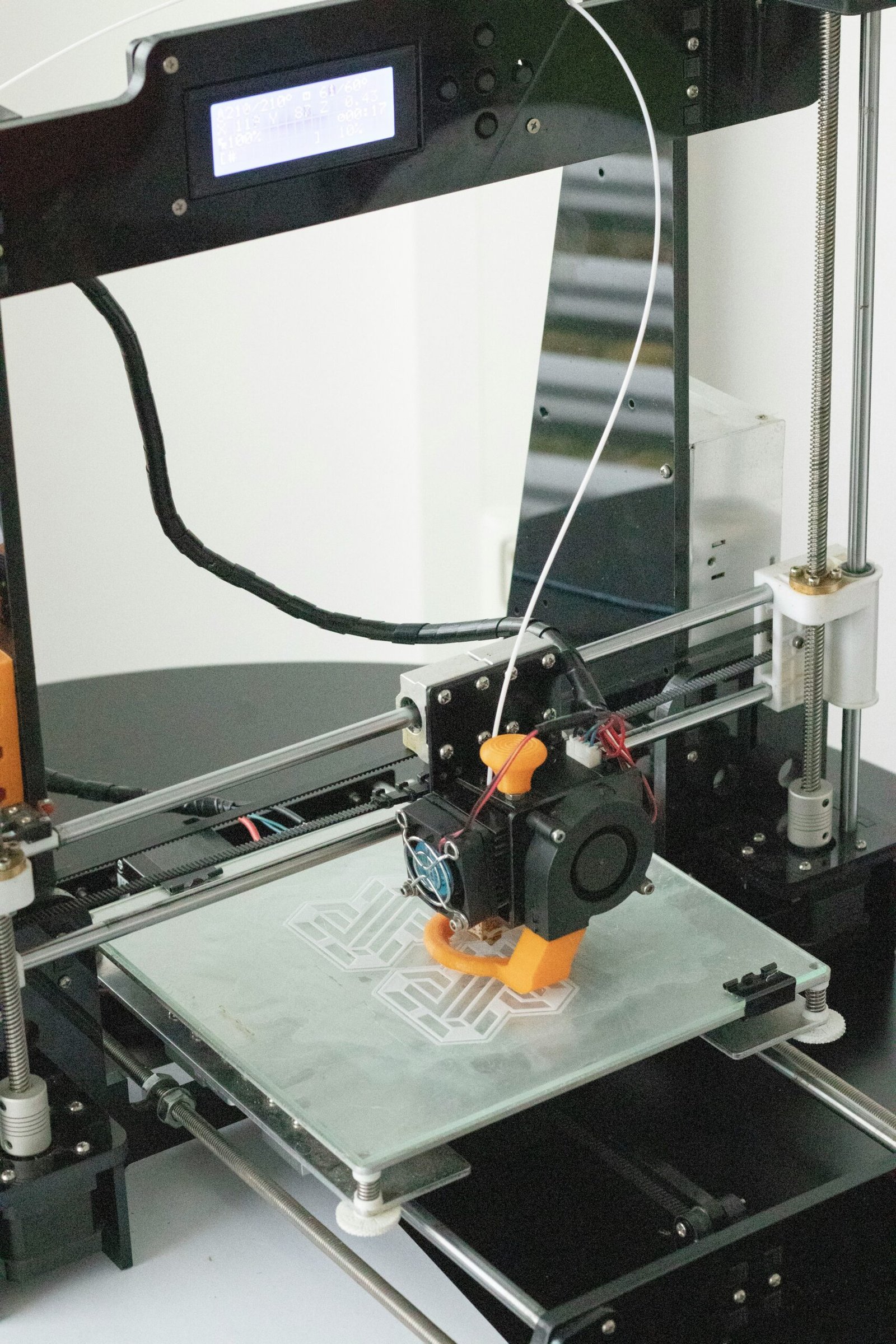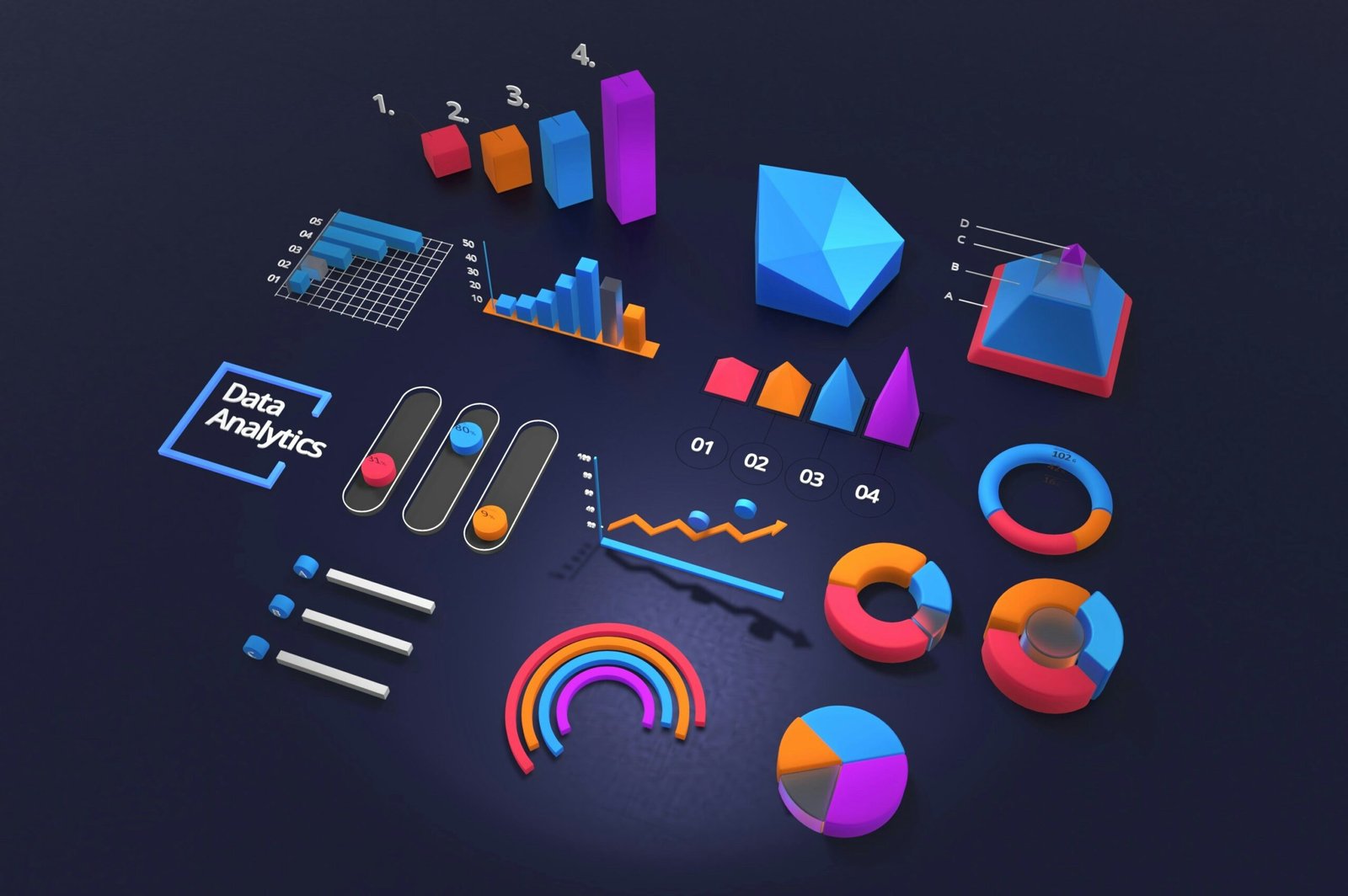
Introduction to AI and Workplace Diversity
Artificial intelligence (AI) encompasses a range of technologies capable of performing tasks that typically require human intelligence, such as learning, reasoning, problem-solving, and decision-making. The increasing presence of AI across various industries is transforming how businesses operate and solve complex challenges. As AI continues to evolve, its applications are expanding into areas critical to organizational success, including workplace diversity.
Diversity in the workplace entails creating an environment inclusive of different individuals’ cultural backgrounds, experiences, perspectives, and identities. Numerous studies have highlighted the value of a diverse workforce, demonstrating that diverse teams often exhibit enhanced creativity, superior problem-solving capabilities, and improved financial performance. A variety of perspectives contributes to more innovative solutions and decision-making, fostering a competitive edge in an increasingly global marketplace.
Fostering diversity and inclusion (D&I) is essential for creating equitable and dynamic workplaces. Inclusive environments where all employees feel valued and respected are crucial to attracting and retaining top talent. Recognizing and leveraging the unique strengths of a diverse workforce can drive organizational success and cultivate a culture of continuous improvement and innovation.
AI can serve as a powerful tool in promoting workplace diversity, providing organizations with the capabilities to identify and mitigate biases in hiring, promotion, and day-to-day operations. AI-driven analytics can highlight disparities in representation and support the development of strategies to address these issues. By employing AI technologies thoughtfully, companies can enhance their D&I initiatives, ensuring fair treatment and equal opportunities for all employees.
As the integration of AI in organizational processes becomes more sophisticated, its potential to influence and improve workplace diversity grows. AI’s role in fostering a more inclusive work environment will likely continue to expand, offering promising opportunities to build truly diverse and dynamic organizations.
Artificial Intelligence (AI) tools are increasingly playing a pivotal role in promoting workplace diversity, particularly during the hiring process. These AI-driven platforms employ a variety of techniques to minimize unconscious bias and ensure a more equitable evaluation of candidates.
Anonymizing Resumes
One significant approach involves anonymizing resumes. By stripping away demographic indicators such as name, age, gender, and ethnicity, these tools allow recruiters to focus solely on the candidates’ skills, qualifications, and experiences. For instance, software like Blendoor anonymizes applicant data to help hiring managers make decisions based on merit rather than potential biases.
Machine Learning Algorithms
Machine learning algorithms are another critical component of these AI tools. They analyze vast amounts of data to identify patterns and predict the best candidates based on skillsets and job performance metrics. Platforms like HireVue utilize machine learning to assess candidates’ responses in video interviews, evaluating their qualifications impartially. Pymetrics, on the other hand, uses neuroscience-based games to gauge candidates’ cognitive and emotional abilities, matching them to roles where they are most likely to succeed, regardless of their background.
Screening Fairly
AI tools like HireVue and Pymetrics significantly enhance the hiring process by focusing on objective criteria. These platforms help identify the most qualified candidates based on data-driven insights, thus reducing the likelihood of biases affecting the decision-making process. This results in a more diverse and inclusive workforce, as individuals are judged based on their potential and suitability for the role rather than their demographic characteristics.
Benefits and Challenges
The benefits of using AI in hiring are substantial. Companies can achieve a more diverse workforce, which studies have shown can lead to increased creativity, a broader range of perspectives, and improved overall performance. However, these AI applications are not without their challenges. Ethical concerns often arise regarding the transparency of machine learning algorithms, potential biases within the training data, and the accountability of AI decisions. Ensuring that these tools are transparent and that their algorithms are regularly audited for biases is crucial to maintaining fairness and trust in the hiring process.
Challenges and Ethical Considerations
The integration of artificial intelligence in workplace diversity initiatives brings to the forefront several critical challenges and ethical considerations. One of the primary concerns is algorithmic bias. AI systems, if not meticulously designed and regularly monitored, can inadvertently perpetuate existing biases that they are intended to eliminate. This often occurs when the data sets used to train these systems are not sufficiently diverse, failing to represent the broad spectrum of human experiences and characteristics. Consequently, individuals who belong to underrepresented groups may continue to face discrimination, concealed under the guise of technological objectivity.
Ensuring transparency and accountability in AI systems is paramount. Organizations must be prepared to transparently share how these systems are developed and the criteria they use for decision-making processes. Regular audits are essential to scrutinize AI outputs and assess their fairness. Without comprehensive oversight, there is a risk that biased outcomes may persist, undermining the credibility and effectiveness of AI-driven diversity efforts.
Regulatory frameworks and guidelines play a crucial role in governing the ethical use of AI in recruitment and workforce management. Policymakers are increasingly recognizing the need for stringent regulations to oversee how AI is applied in these sensitive areas. Such regulations can help establish standards and best practices, ensuring that AI applications promote fairness and inclusivity rather than perpetuate discrimination.
Moreover, the development of diverse data sets is critical to training AI models effectively. Data must encompass a wide range of demographics, experiences, and perspectives to reflect the diverse nature of the workforce. By doing so, AI systems can be better equipped to make fair and unbiased decisions, thereby supporting the overarching goal of enhancing workplace diversity.
Future Prospects and Recommendations
The integration of Artificial Intelligence in promoting workplace diversity holds immense potential for the future. As AI technologies continue to evolve, we can anticipate the advent of more sophisticated tools capable of comprehending the complexities and subtleties that underpin diverse work environments. The future of AI in this realm will likely involve the development of algorithms that can better understand context, enabling more nuanced decision-making processes that support diversity and inclusion (D&I) initiatives.
The path forward necessitates a concerted effort from various stakeholders, including technology developers, Human Resources professionals, and diversity experts. This collaboration is vital for the creation of inclusive AI systems that do not replicate existing biases but instead contribute to a fairer and more equitable workplace. By bringing diverse perspectives to the table, we can ensure that AI solutions are designed and implemented with sensitivity to the needs and nuances of a heterogeneous workforce.
For organizations seeking to leverage AI to bolster their D&I initiatives, several practical recommendations can be followed. Firstly, investing in diverse teams to develop and oversee AI systems is crucial. A multiplicity of viewpoints in the development phase can significantly reduce the risk of embedding biases into AI tools. Additionally, continuous training and education about bias for both AI systems and the people who interact with these technologies are indispensable. Awareness and ongoing learning can help mitigate unconscious biases that might influence AI outcomes.
Moreover, fostering a culture of inclusion is paramount. The success of AI in enhancing workplace diversity is contingent upon an organizational culture that prioritizes and values inclusivity. This involves not only implementing AI tools but also ensuring that there are policies and practices in place that support diverse talent and promote an inclusive atmosphere. Integrating AI thoughtfully, with a clear understanding of its potential and limitations, can act as a transformative force in creating a more equitable workplace.
In conclusion, the future of AI in promoting workplace diversity is promising. By committing to collaborative efforts and practical measures, organizations can harness AI’s capabilities to foster a more diverse and inclusive work environment. Thoughtful integration of AI can indeed be a game-changer, driving significant progress towards workplace equity.









